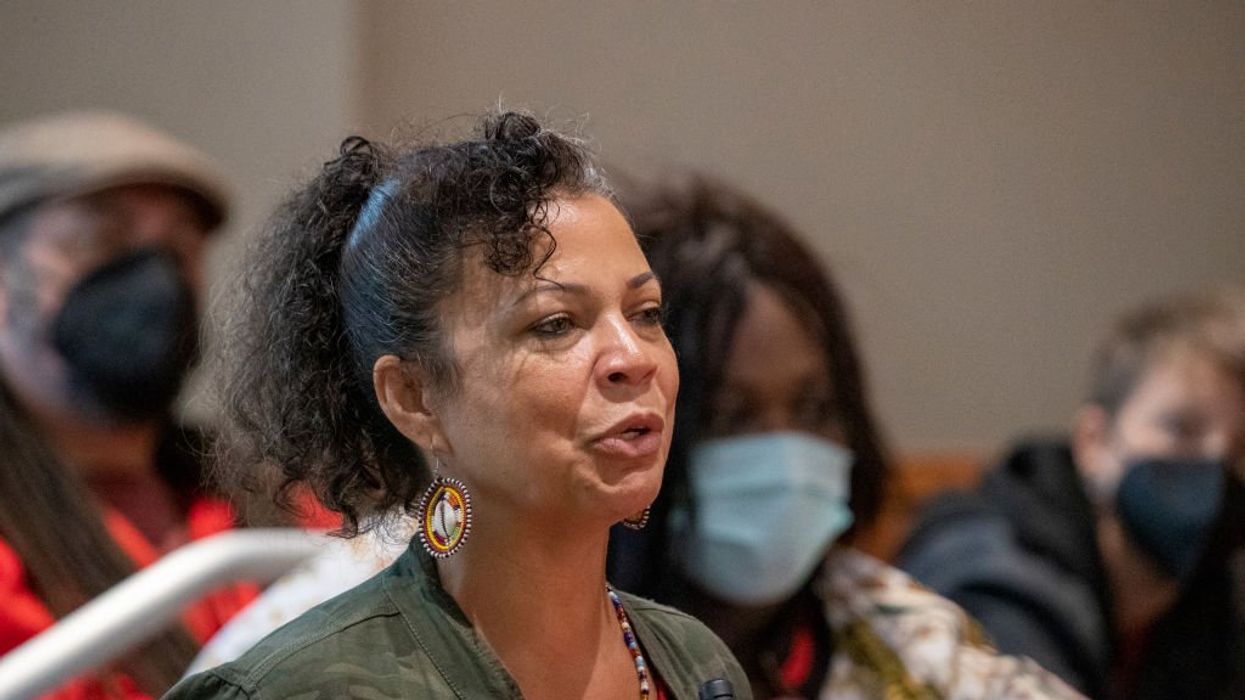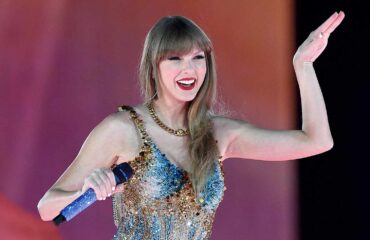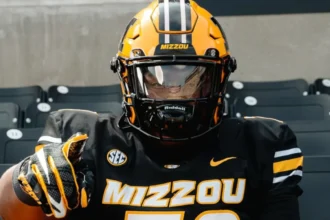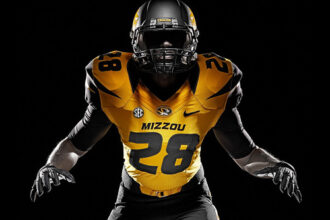A professor from California, Melina Abdullah, sparked controversy by suggesting that being a Taylor Swift fan might have racial implications, following the Kansas City Chiefs’ Super Bowl victory over the San Francisco 49ers. Abdullah, a professor of Pan-African Studies at California State University, Los Angeles, expressed her views on an online platform, X, questioning the racial dynamics of being a Taylor Swift fan. She later reinforced her stance when another user commented on the pervasive nature of racism, to which she responded affirmatively.

Abdullah, whose bio highlights her involvement in Black Lives Matter activism, further elaborated on her initial statement by comparing her feeling about Taylor Swift fandom to her discomfort with an excessive display of American flags.
Additionally, she speculated about the Super Bowl outcome, suggesting it might be part of a right-wing, white supremacist agenda.
This isn’t the first time Abdullah has stirred controversy online. In the past, she made headlines for excluding white people from Juneteenth celebrations and advocating for reparations for white individuals. Furthermore, she defended Jussie Smollett following his conviction for fabricating a hate crime, citing skepticism towards law enforcement, particularly the Chicago Police Department, and emphasizing systemic issues within policing.
Overall, Abdullah’s statements have often been polarizing, touching on racial tensions and systemic injustices.





